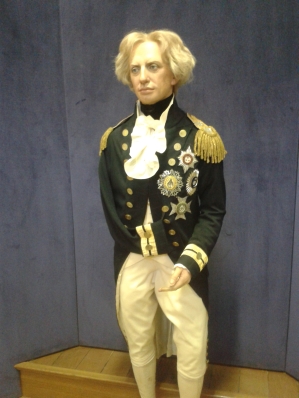
This year the annual GeoHab international marine habitat mapping conference took place in Winchester, UK. This is an annual conference with over 160 people attending from 24 countries, for the first time in England! Organised by my former department of study at the National Oceanography Centre, it had been a long time since I had been back in the South of England. The Monday started with a workshop on Object Based Image Analysis (OBIA). Seabed classification methods can be based on classifying pixels, whereas these newer OBIA methods are based on classifying a group of similar pixels or “objects” on the seafloor. The conference began on the Tuesday with the key note speaker Dr. Larry Mayer of Center for Coastal & Ocean Mapping/Joint Hydrographic Center. The first session was on “Technological Advances in Habitat Mapping” with presentations on how new hydrographic surveying techniques can be used for habitat mapping. A poster session took place where one minute oral snapshots of posters were given. The following session on “Coastal and shallow water habitats” discussed environments such as tidal inlets, seagrass beds and mangroves and then “Shelf and deep-sea habitats” had rhodolith beds, shelf breaks, deep sea corals, submarine canyons, mud volcanoes and cold seeps. “National mapping programs” session then discussed important issues regarding the seabed mapping programs internationally and within the UK. The following session on “Anthropogenic and natural disturbance effects” then looked at man’s and nature’s impacts on benthic habitat and “Role of oceanography in habitat mapping” looked at the physical processes driving habitat distribution. This was for me one of the most interesting sessions. Following this, was very pleased to introduce a special lunchtime screening of my full one hour documentary- “Maerl:A Rare Seabed Habitat.” Being a firm believer in science communication, marine science documentaries can serve to educate, inform and transform the science and are useful tools for stakeholder management. It was great to be able to share our team’s work with scientists and educators internationally and even had one request to translate into Swedish! The final session was on “Development of standards for classification, confidence and assessment of habitat maps“- an important session to conclude on new methods to quantifying the uncertainty of the habitat map. The conference concluded with thanking the organising committee and preparing for Geohab next year in Halifax, Canada. Overall, it was my first GeoHab in ten years and I was so inspired by the dedication of the GeoHab community – at home and abroad.

